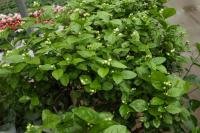1、 Curing method
1. Temperature: it is more suitable for Zinnia between 15 and 30 degrees. And because it is a plant that is neither resistant to cold nor high temperature, it needs to adjust the temperature in summer and winter. In summer, it's best not to be higher than 35 degrees. In winter, try to be around 15 degrees
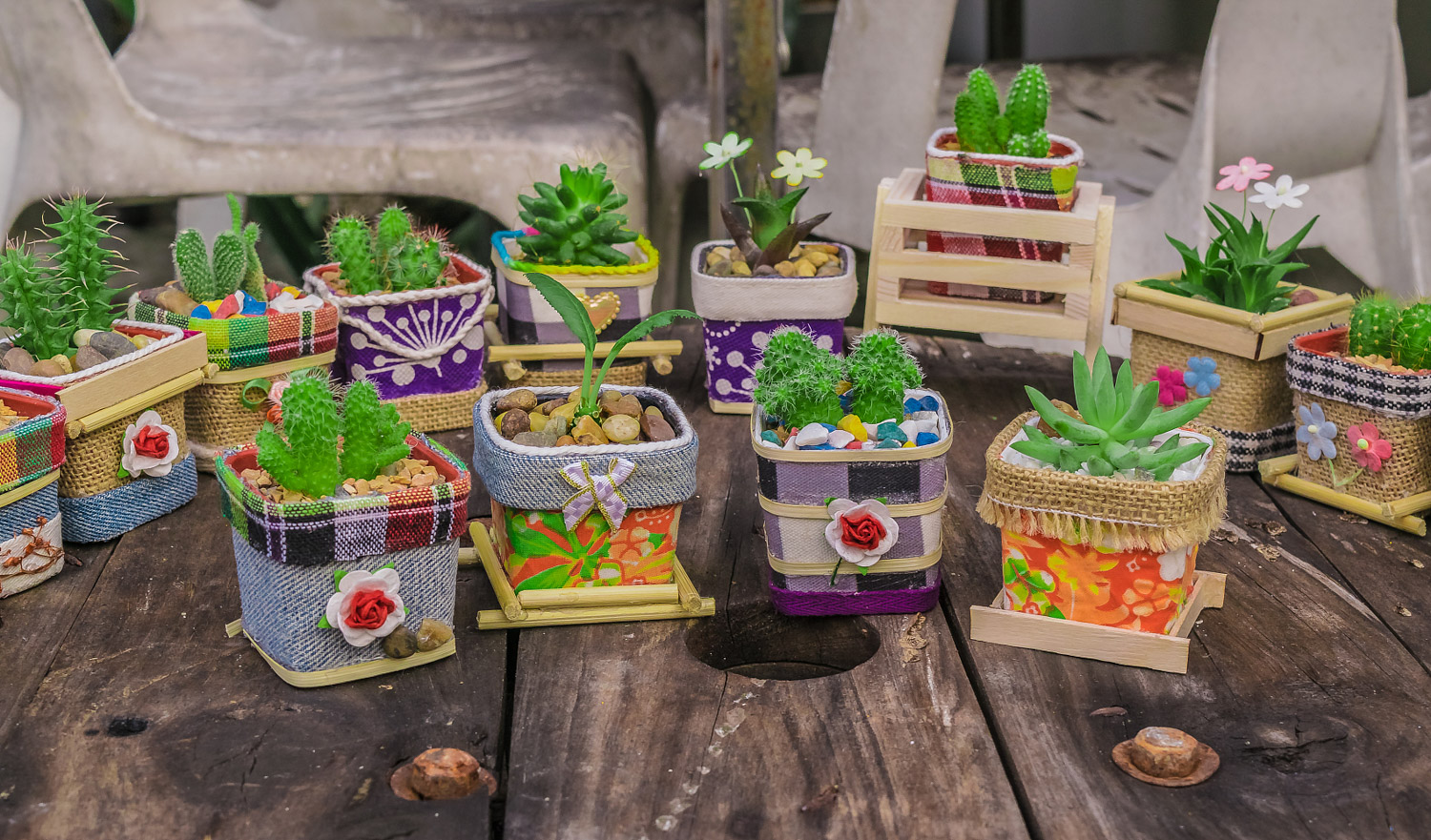
2. Watering: Zinnia is a drought tolerant plant, which is afraid of waterlogging. Therefore, you can keep the basin soil not completely dry at ordinary times without pouring too much water. However, in summer, due to the high temperature and rapid evaporation, you can water a little every day. In winter, water as little as possible
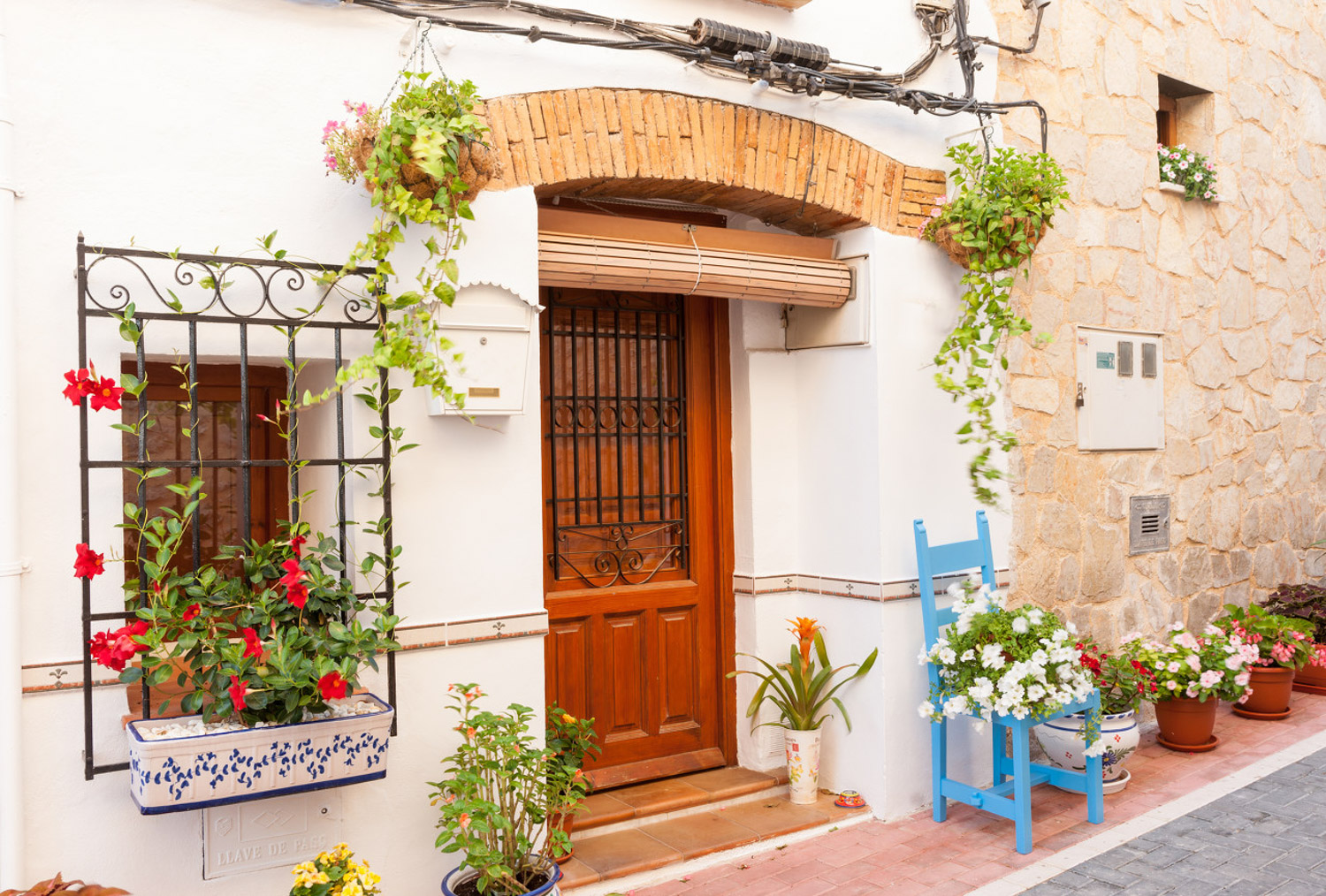
3. Light: it is a very light loving plant. In its growing period, even full-time photos are OK. Direct light does not harm it. Therefore, try not to put it in a semi cloudy place, let alone completely dark
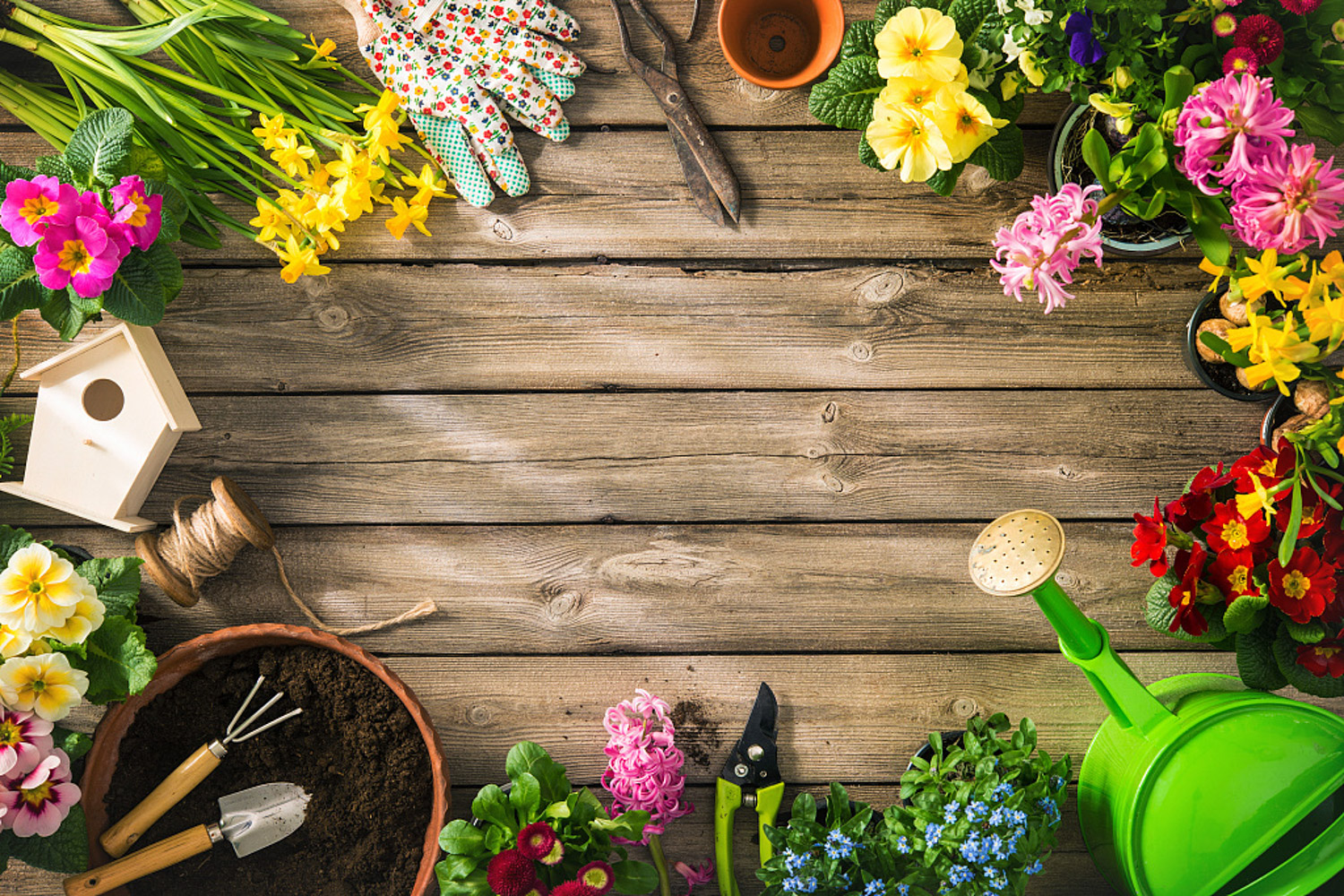
4. Soil: its requirements for soil are mainly nutrition and permeability. It is best to choose fertile and loose soil
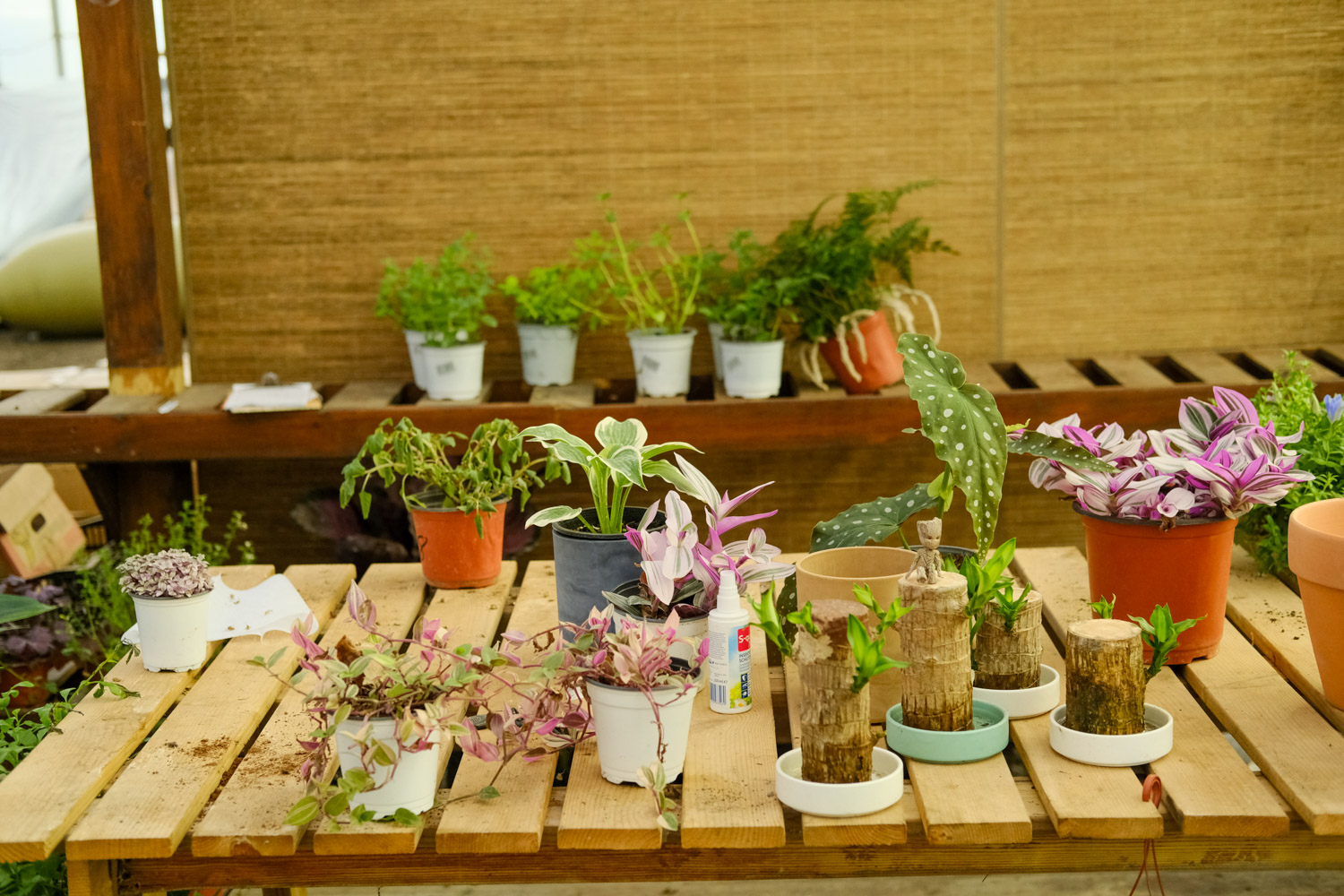
2、 Breeding skills
1. Reproduction: it can be propagated by sowing. The seeds should be plump and disinfected after selection. The substrate should be fertile and loose, and should also be disinfected. Before sowing. Generally speaking, the method of "on demand" is more appropriate. After sowing, cover with a layer of soil. Then, keep the temperature at 21 to 23 degrees, which is easy to promote germination
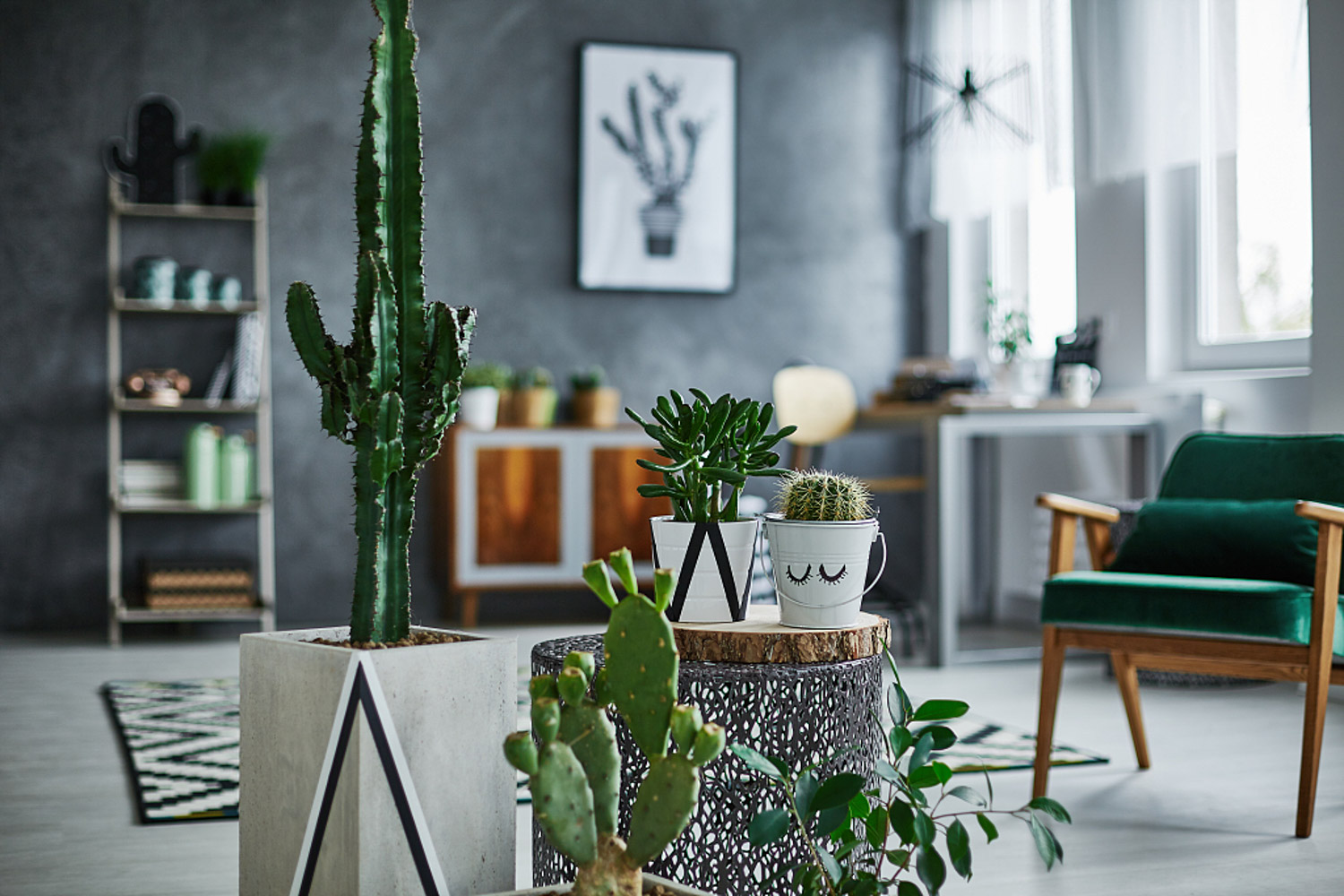
2. Change basin: because its requirements for soil are not too high, it is generally unnecessary to change basin every year. However, it is impossible not to change it for a long time. Generally speaking, it can be replaced in two or three years. At the same time, try to trim the root system
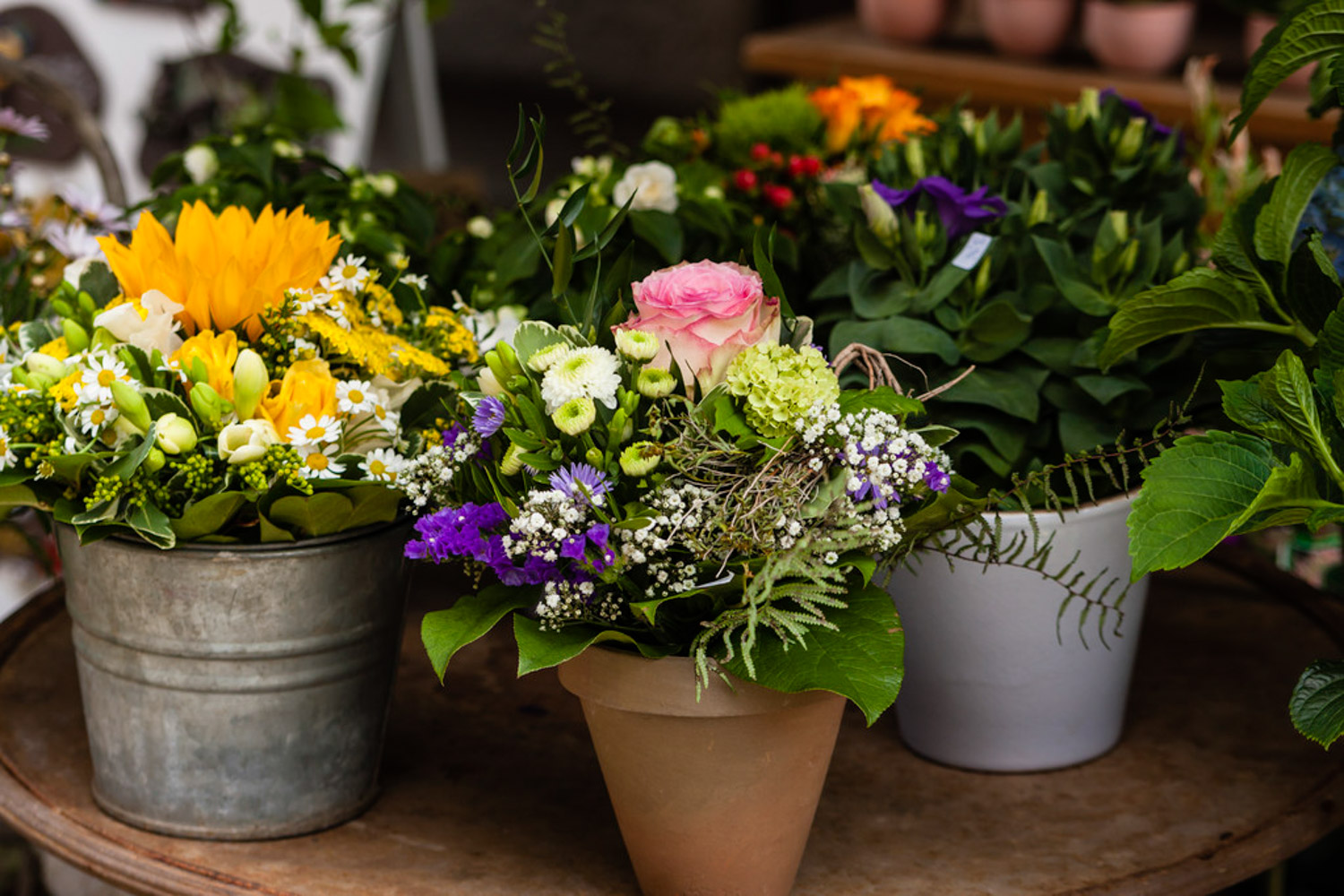
3、 Diagnosis and treatment problems
1. Disease: the main disease threatening Zinnia is "white star disease of Zinnia". It causes some brown spots on the leaves of the plant. It mostly harms the leaves in the lower half. Zinc can be used for prevention and control. At the same time, the diseased leaves need to be cut off
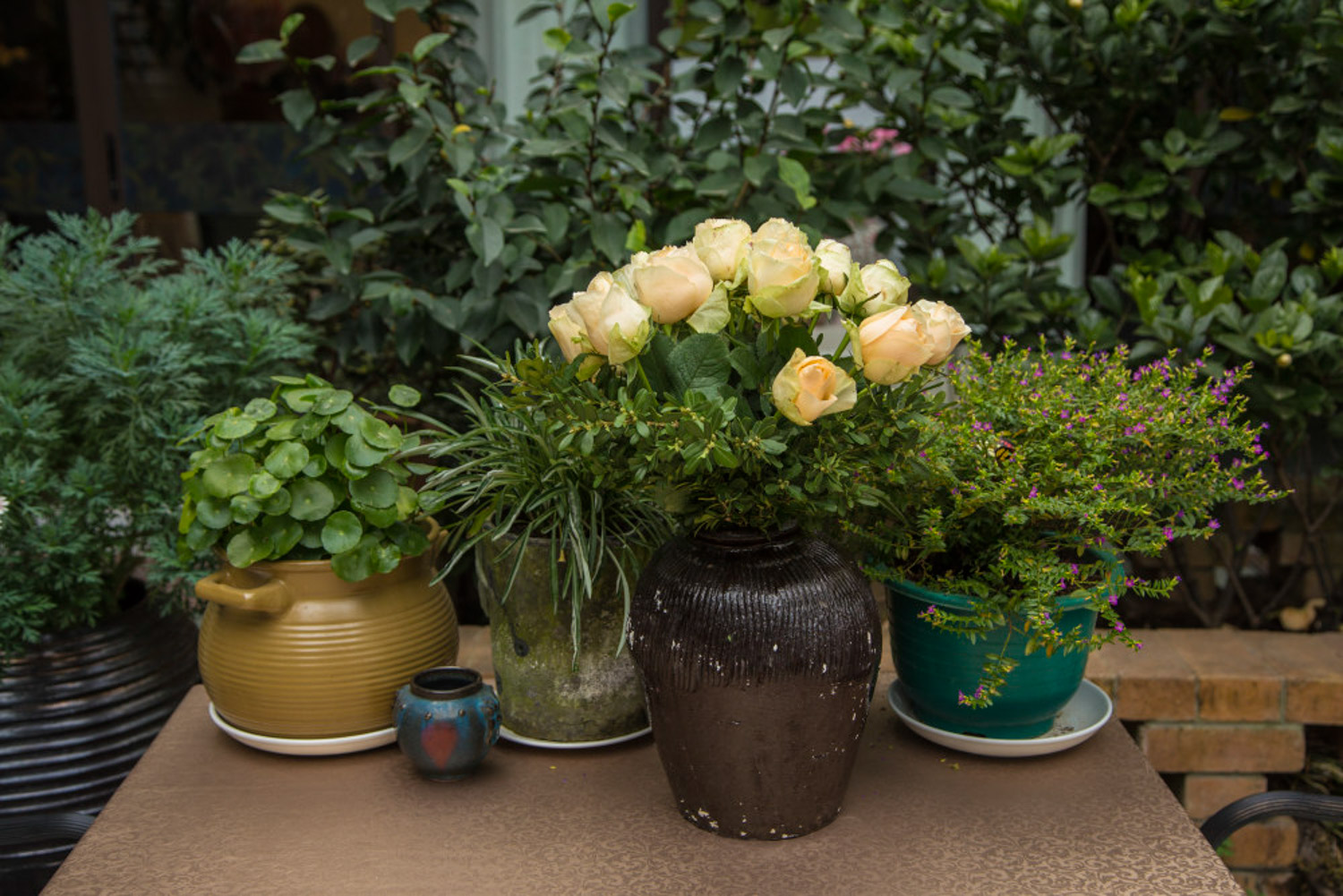
2. Pests: pests occasionally appear, such as "aphids". Families can get rid of them by mixing washing powder with water. Omethoate solution can also be used
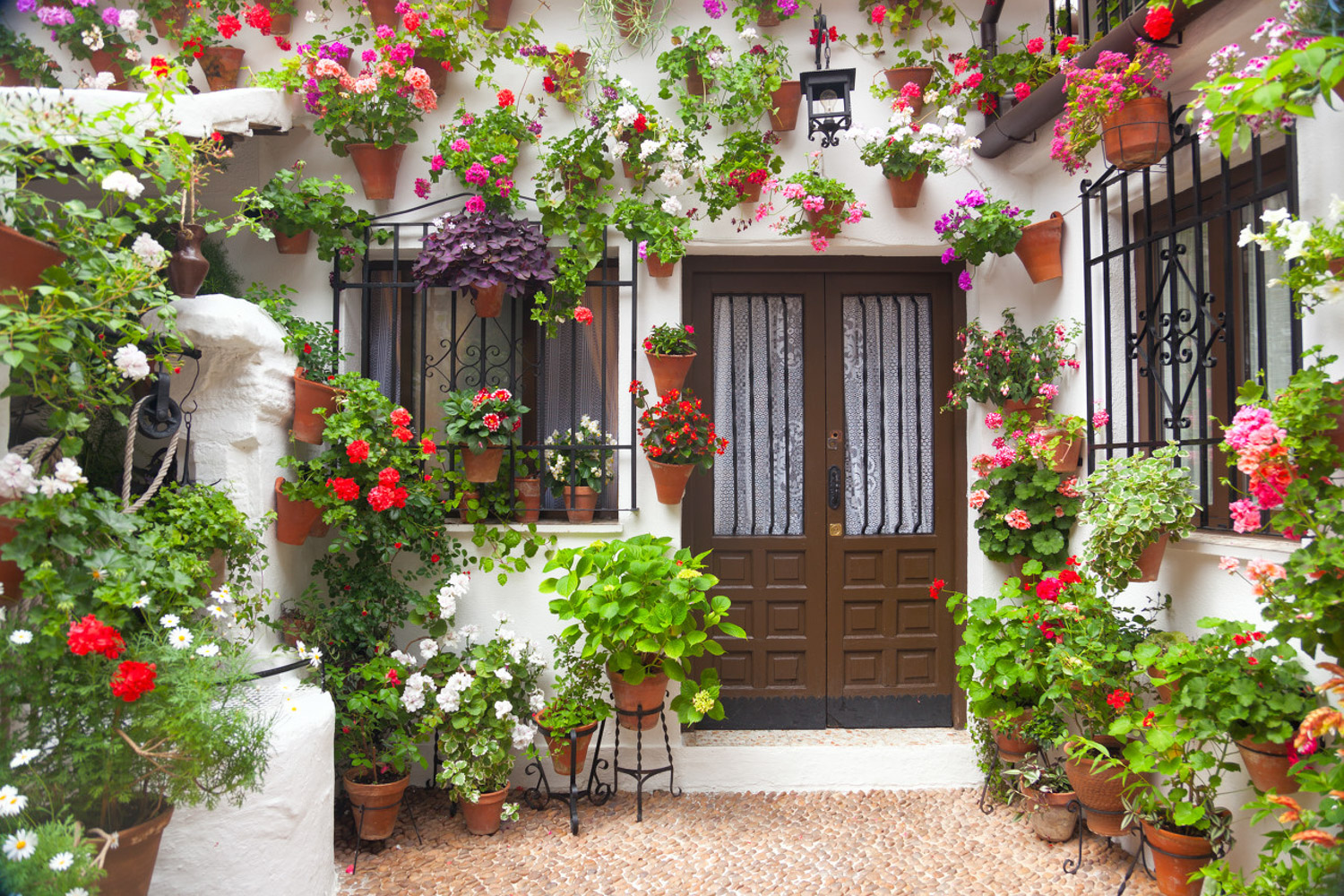
4、 Other issues
1. Flower language: its flower language varies according to the color. If it is white, it is "kind"; Yellow is "daily greetings"
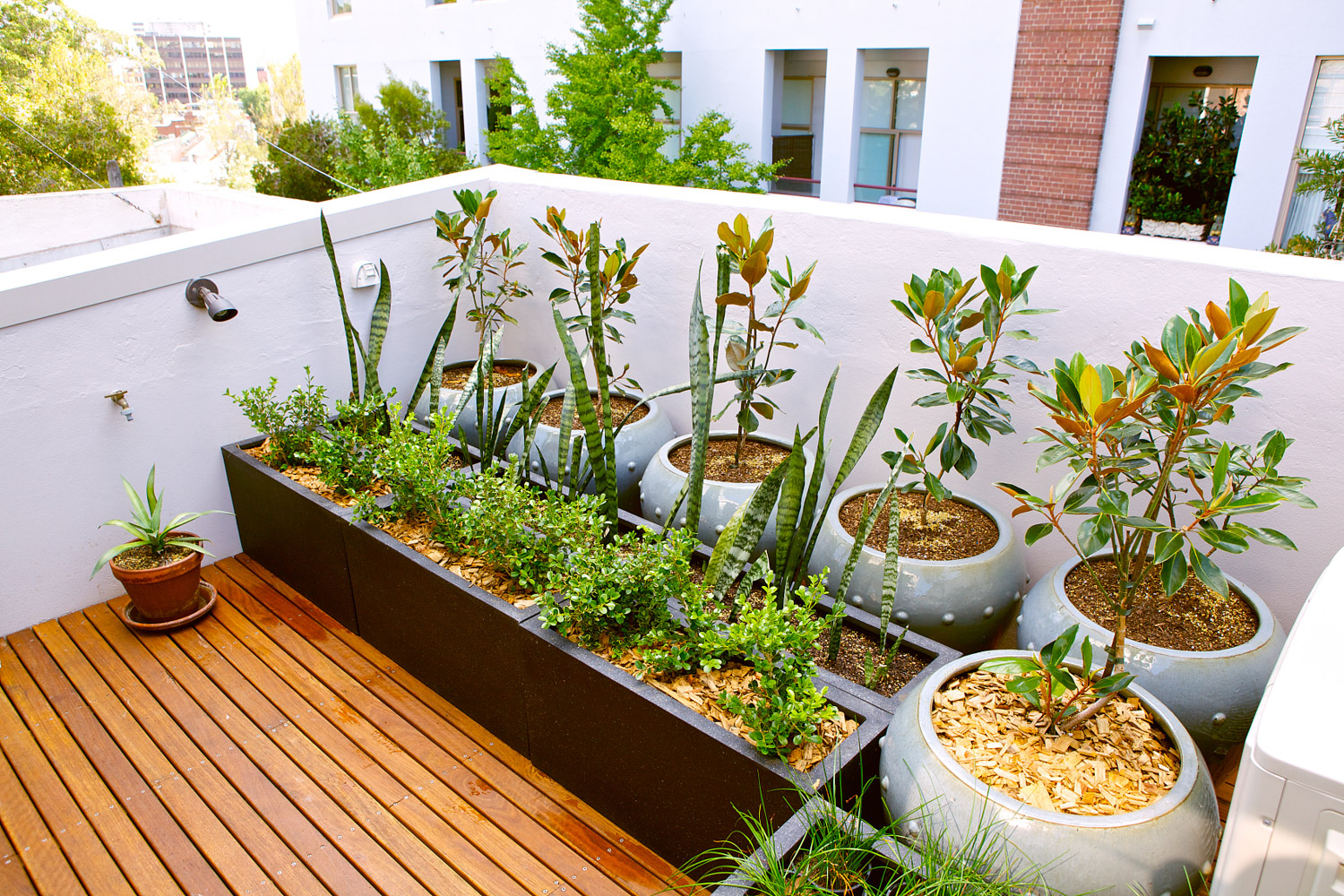
2. Whether it can be raised at home: it is more suitable at home and has good ornamental performance
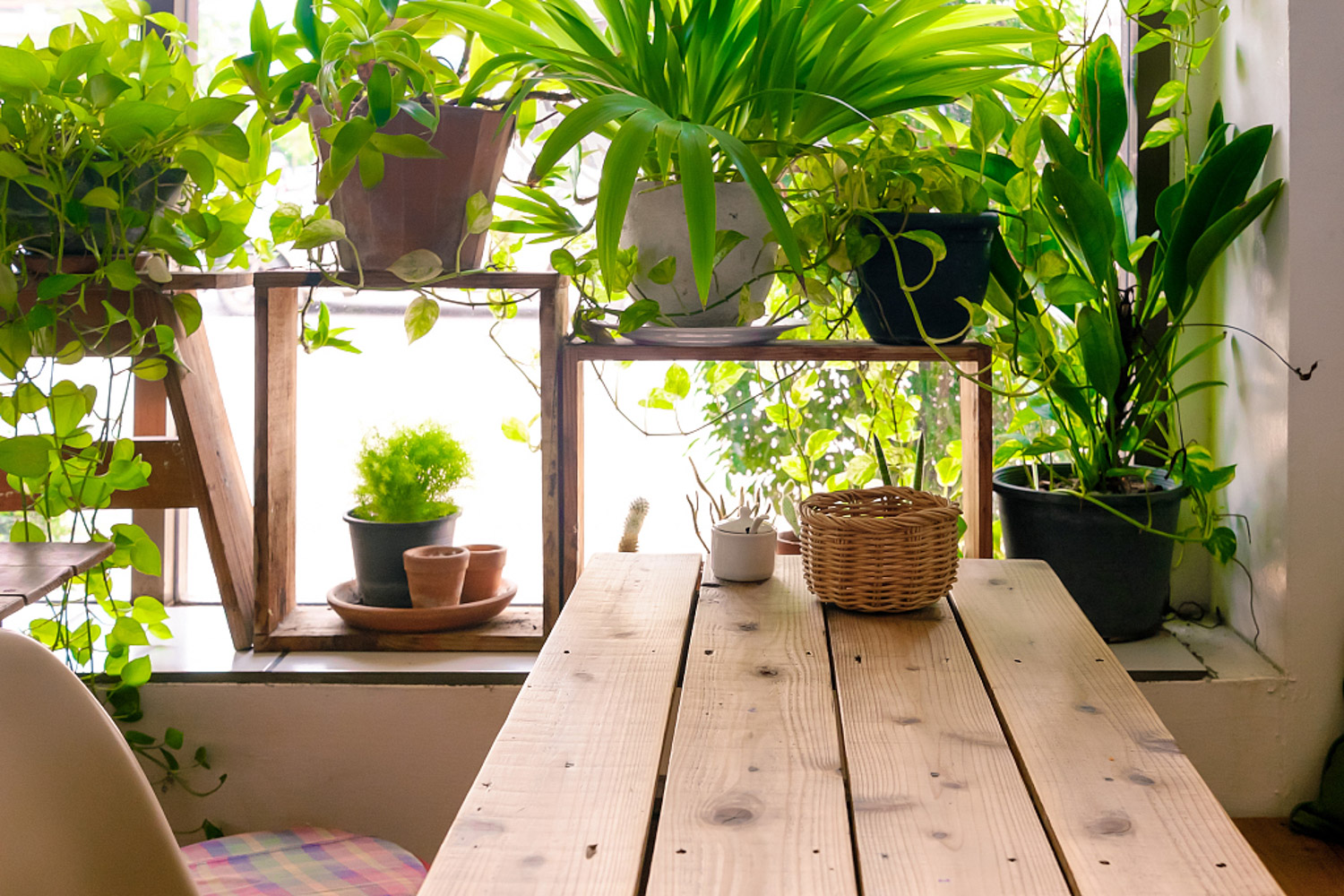

 jackfruit
jackfruit snake plant
snake plant hibiscus
hibiscus hydrangea
hydrangea lavender
lavender Green roses climb al...
Green roses climb al... If you don't pay att...
If you don't pay att... Management of four g...
Management of four g...



























